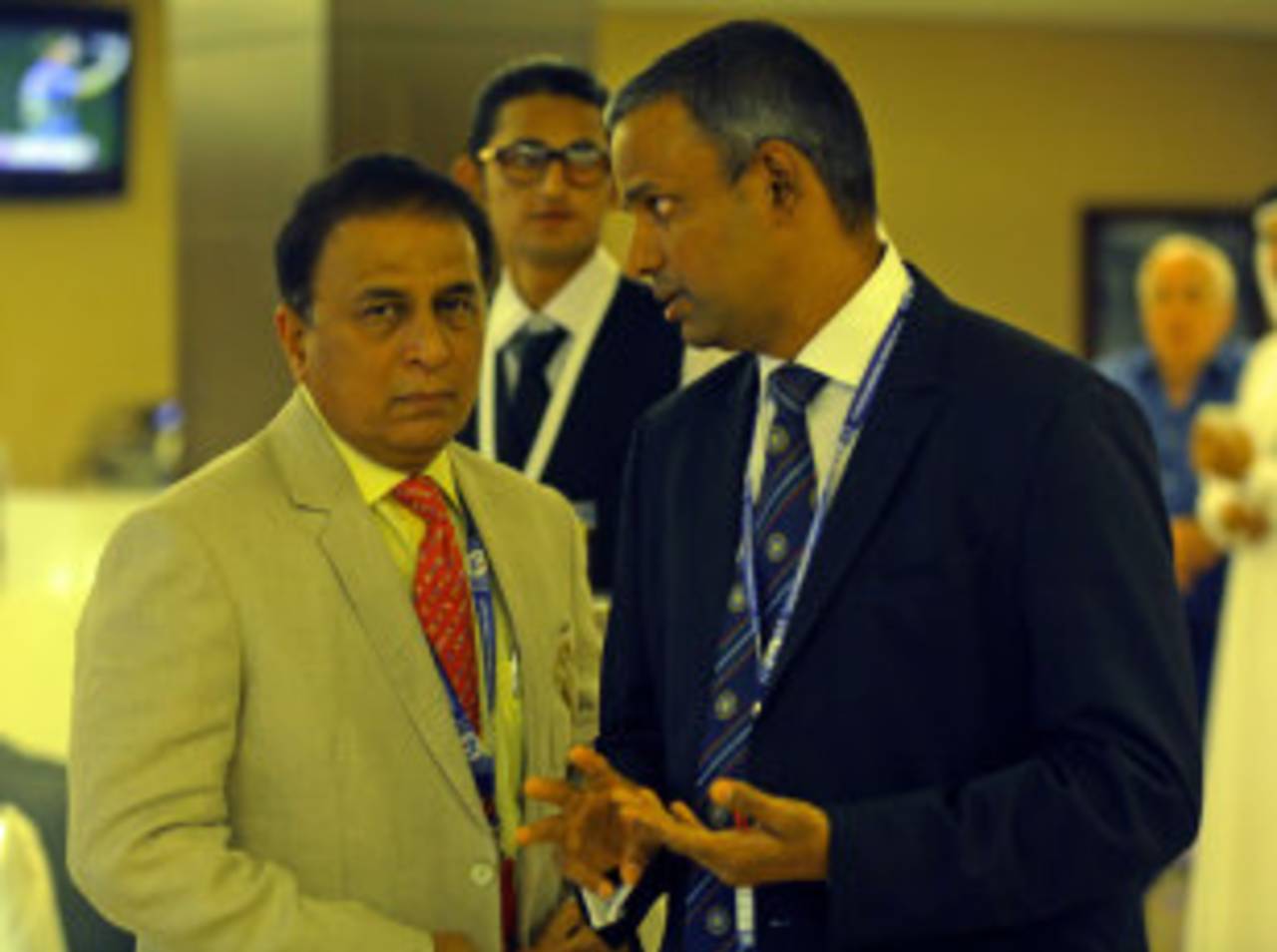On April 29, Adam Silver, the commissioner of the National Basketball Association (NBA) imposed a lifetime ban and a $2.5 million fine on the oldest team owner in the league - Donald Sterling of the Los Angeles Clippers - who was found using "deeply offensive and hurtful language" towards Afro-Americans. Silver announced the ban, unprecedented in the history of American sport, within four days of starting investigations.
The speed, weight and transparency of Silver's decisions took the sports world by surprise and led, in India, to talk of what the IPL could learn from it to reach that level of executive efficiency. One radical thought came from the IPL's founder and former chairman Lalit Modi: set up an autonomous body to run the IPL, independent of the BCCI.
Modi, who has begun his return to Indian cricket administration with a controversial and contested
election as RCA president, was inspired in setting up the IPL by borrowing ideas from well-established models including the NBA, Major League Baseball and the Formula 1.
"I would remove the IPL from under the BCCI and put it in the hands of a separate company," Modi told ESPNcricinfo. "They can have the ownership, let them earn the revenue but allow autonomy to the independent company. Bring in professionals that have nothing else but to run the IPL."
It is important, Modi said, to involve the primary stakeholders - the franchise owners - in the decision-making process. "The league's board would have franchise owners on it. And the company would then send in an annual report to the BCCI. That is how it should be. The owners need to have a big say in it. You cannot have a system that keeps changing rules like retention to suit one's own needs," Modi said.
It is a moot point, though, whether the BCCI would want to divest power into the hands of an independent authority or even equip a chairman or appoint a commissioner who could have complete powers as Silver enjoys in the NBA. Tim Wright, who was CEO of the former IPL franchise Deccan Chargers in 2009, said Modi's suggestion would not be bought by the BCCI.
"The IPL could not have been created without BCCI money, without the state associations' stadia and many other things," Wright said. "Would the BCCI be willing to reduce its ability to control the IPL and by so doing, reduce its ability to control the India national team? Of course it is not."
Wright, who has worked previously with IMG, raised the example of Formula 1, where the administrative and financial or commercial powers are split between two bodies.
"The Federation Internationale de l'Automobile governs the rules but the commercial side of the sport is owned and run by a private equity firm," Wright said. "The chief executive of Formula One is independent of the governing body and the teams.
"The BCCI's only motive to do something similar would be to crystallise the brand value of IPL, as Formula One has done, but I do not see that as imminent or likely even in the medium or long term because of the BCCI's broader interest and role in the sport."
Modi also advocated a "strong person" at the helm of the IPL: "You need to address the issue, take the bull by the horns, and do what needs to be done"
Wright, too, pointed out that the franchise agreements give the BCCI's chairman the power to shape the key relationship between the IPL teams and BCCI. "That the chairman should be free of influence from any one team seems obvious," Wright said.
The IPL has long suffered from a lack of leadership. In 2008, when Modi was the league chairman, the BCCI constitution was amended to allow N Srinivasan, then the board secretary, to have a stake in a franchise. Modi now concedes he had made a mistake but believes the Mudgal Commission, which was appointed by the Supreme Court to investigate mismanagement of an earlier BCCI probe verifying allegations of corruption during the 2013 edition of the tournament, will correct that mistake.
Silver followed up his action against Sterling by making public the NBA constitution, so long available only within the league. It's worth noting that neither the BCCI's constitution nor its annual accounts are accessible to the public. That might be a good place to start.
Nagraj Gollapudi is an assistant editor at ESPNcricinfo
